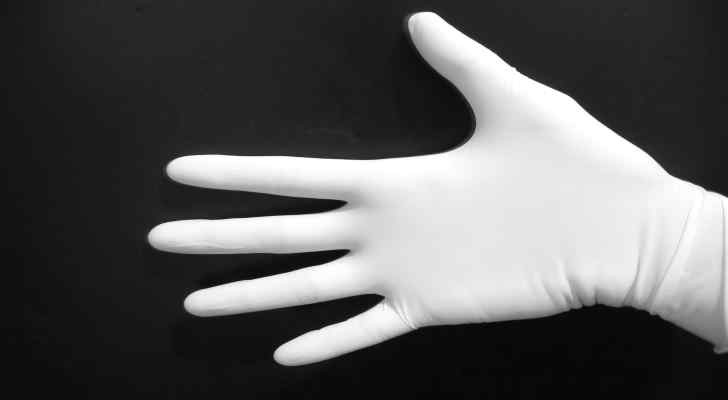You should be extra careful if you are experiencing problems with your immune system. These genetic defects may be passed down from parents or family members to the child. Risks are higher for people with region q25 of chromosome 6. Keep away from animals that may be carrying the bacillus. These are mostly African or Asian mammals. Wear gloves when interacting with these species.

There are several ways to correctly diagnose leprosy. A physician must perform several physical tests to try to detect hidden symptoms as soon as possible. Prepare to provide a small sample of skin. Await the results of the lab and their conclusion. Lepromin exams are another way to diagnose this disease. The procedure is more risky as it involves injecting leprosy-causing bacterium into the body. This is usually done in the upper extremities. It could be a clue if you experience irritation at the injection site.
If you ask yourself, “How can I avoid leprosy?” the answer is very simple. Stay away from dangerous areas, don’t contact any of the animals listed above and avoid contact with infected individuals – their secretions could pose a threat. The person with this diagnosis should be treated with antibiotics that can treat this rare condition. The chances of catching the same bacteria are 8 times greater for those who live in the same house as the infected animals or humans. Although the disease is not inherited, genes are still important, especially for the immune system.